Read our paper on Expression Quantitative Trait Locus (eQTL)
Abstract: Expression quantitative trait locus (eQTL) studies illuminate genomic variants that regulate specific genes and contribute to fine-mapped loci discovered via genome-wide association studies (GWAS). Efforts to maximize their accuracy are ongoing. Using 240 glomerular (GLOM) and 311 tubulointerstitial (TUBE) micro-dissected samples from human kidney biopsies, we discovered 5,371 GLOM and 9,787 TUBE eQTLs by incorporating kidney single-nucleus open chromatin data and transcription start site distance as an “integrative prior” for Bayesian statistical fine mapping.
The use of an integrative prior resulted in higher resolution eQTLs illustrated by (1) smaller numbers of variants in credible sets with greater confidence, (2) increased enrichment of partitioned heritability for GWAS of two kidney traits, (3) an increased number of variants colocalized with the GWAS loci, and (4) enrichment of computationally predicted functional regulatory variants. A subset of variants and genes were validated experimentally in vitro and using a Drosophila nephrocyte model. More broadly, this study demonstrates that tissue-specific eQTL maps informed by single-nucleus open chromatin data have enhanced utility for diverse downstream analyses.
